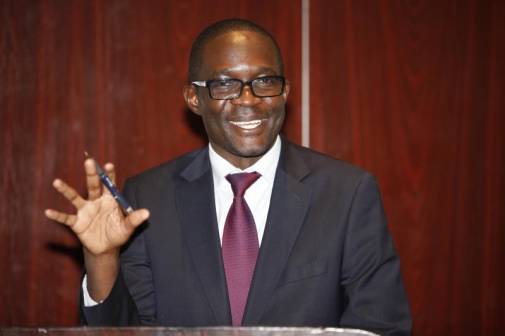
Hopes that the country is well on its way to full electoral reforms dimmed furtherThursday as it emerged that some of the timelines set by the new electoral laws may be unrealistic.
The Independent Electoral and Boundaries Commission (IEBC) has raised the red flag on the practicability of some of the timelines set by the new electoral laws.Procurement of poll equipment at least eight months to the August 8, 2017 General Election as stipulated in the Electoral Laws (Amendment) Act, 2016, is among deadlines that are “unattainable”, according to the Independent Electoral and Boundaries Commission.